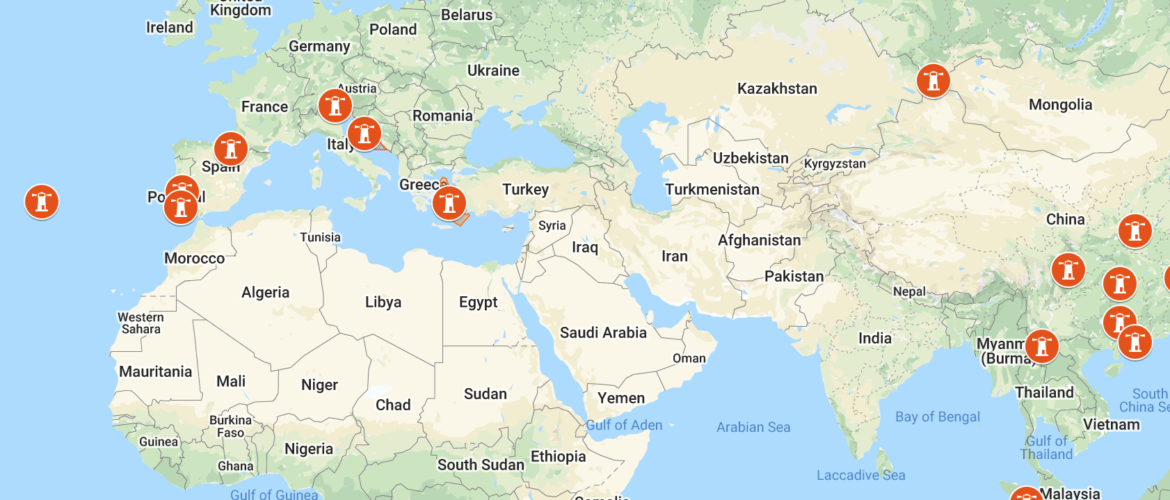In order to strengthen institutional capacities for information management and monitoring in support of decision and policymaking, UNWTO launched in 2004 the concept of the International Network of Sustainable Tourism Observatories (INSTO) based on the UNWTO methodology for sustainable tourism indicators.
INSTO’s mission is to facilitate the establishment of a network of observatories at all levels, through the use of a systematic application of monitoring, evaluation (sustainable tourism indicators) and information management techniques, as key tools for the formulation and implementation of sustainable tourism policies, strategies, plans and management processes. With sustainability discourses being very high in the agenda during the recent years, it has to be noted that UNWTO has been promoting the use of sustainable tourism indicators since the early 1990s, as essential instruments for policymaking, planning and management processes at destinations. They have also published a guidebook that still is the most comprehensive resource on this topic, the result of an extensive study on indicator initiatives worldwide, involving 62 experts from more than 20 countries, and describing over 40 major sustainability issues, ranging from the management of natural resources (waste, water, energy, etc.), to development control, satisfaction of tourists and host communities, preservation of cultural heritage, seasonality, economic leakages, or climate change.
China led the pioneering work of the network in its early years, but since then more and more local and national entities are looking up to the UNWTO methodology in order to establish Observatories of Sustainable Tourism in their own territories. By the end of 2019, the International Network of Sustainable Tourism Observatories (INSTO) promoted by UNWTO held its global annual meeting in Madrid and there it also welcomed to the network the five new destinations that joined INSTO in 2019.
It was in Greece that first European Observatory for Sustainable Tourism was established, back in 2013. Established by the University of the Aegean in collaboration with UNWTO and with the support of the Ministry of Tourism of Greece, the centre’s mission was to monitor and implement sustainable tourism practices in close cooperation with the tourism public and private sector in the area of the Aegean and to serve as a model to expand the concept to a national level.
According to the announcement, the first step for the creation of a National Observatory in Greece will be the establishment of a working group that will consist of seven senior Tourism Ministry officials, tourism experts and academics. During the next few months and before summer 2020, the working group will:
- Gather information for the development of an indicator system on sustainable tourism.
- Submit a proposal for the development of a registration and information system based on secondary data and indicators including key tourism figures.
- Gather tourism and other data for the analysis of trends on a local, regional, national and international level, that will enable timely decision-making for the management and promotion of Greece as a destination on a national and regional level.
- Draw up a plan for the identification of areas that fulfill the criteria for the establishment of observatories based on the UNWTO methodology.
- Submit proposals and guidelines for the development of information systems that will facilitate sustainable tourism development and the transformation of the country’s tourism destinations.
More info:
Outcomes of the INSTO 2019 annual event as well as videos of all presentations can be found at: http://insto.unwto.org/event/2019-global-insto-meeting/
WTO Indicators of Sustainable Development for Tourism Destinations A Guidebook (English version): https://www.e-unwto.org/doi/pdf/10.18111/9789284407262





Leave a Comment